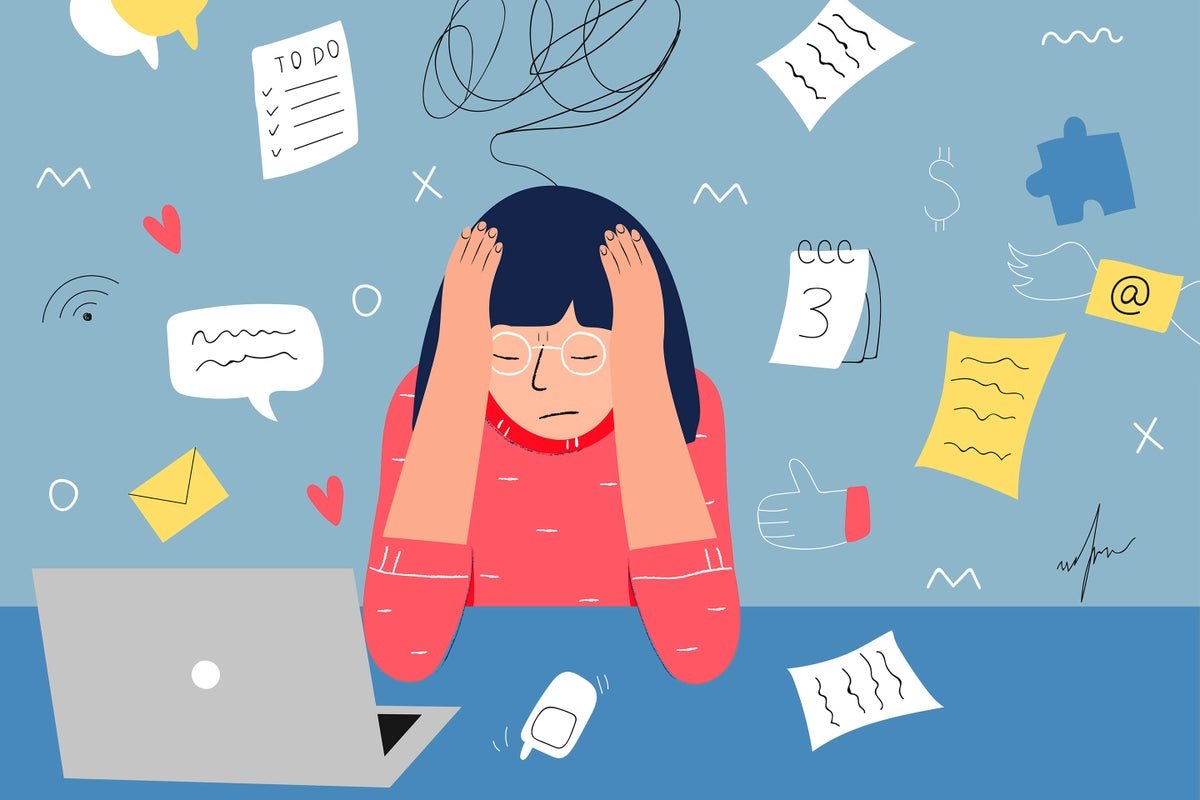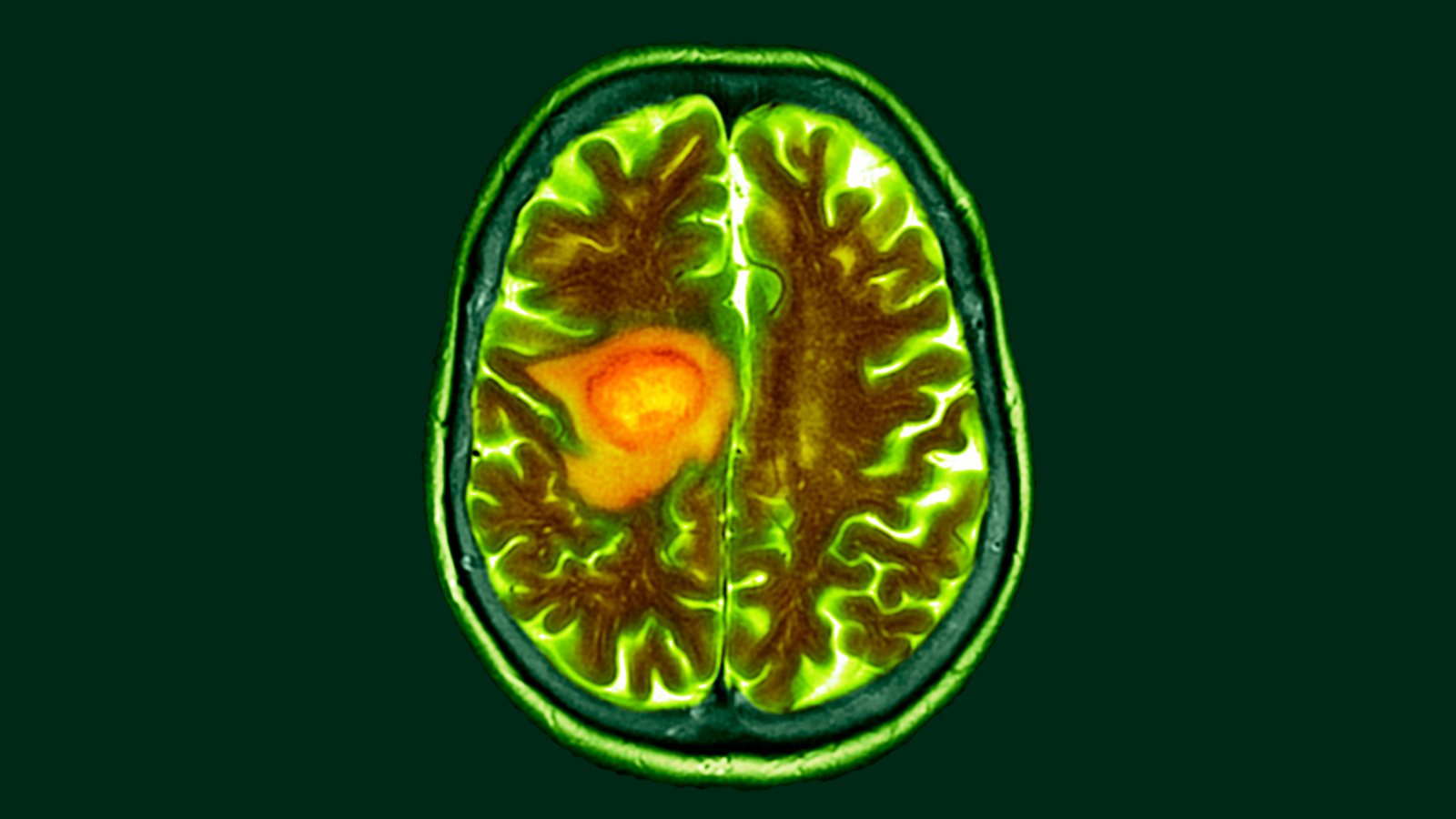For decades the term “Monday blues” has been shorthand for the collective groan that greets the start of each workweek. It’s also well documented in medical statistics. Mondays come with higher rates of anxiety, stress and even suicide compared with other days. Studies on the phenomenon across whole countries have found a 19 percent increase in the odds of sudden cardiac death from confirmed heart attacks and other cardiovascular events on Mondays, affecting men and women across age groups.
It now turns out that the effect of Mondays can extend well beyond fleeting fluctuations in mood. One of us (Chandola) recently discovered that people who report feeling anxious on Mondays show evidence of heightened activity in the body’s stress-response system over months. More surprisingly, this effect persisted among older adults who were no longer in the workforce, suggesting that, for some people, the stress of Mondays is a lifelong burden.
The biological underpinnings of the “Monday effect” have long been unclear, however. Is the stress and anxiety experienced on Monday biologically distinct? And could this be leaving a mark on people’s body even after they stop working?
On supporting science journalism
If you’re enjoying this article, consider supporting our award-winning journalism by subscribing. By purchasing a subscription you are helping to ensure the future of impactful stories about the discoveries and ideas shaping our world today.
To answer these questions, Chandola focused on the stress hormone cortisol. The hypothalamus-pituitary-adrenal (HPA) axis, a central stress pathway linking brain and body, manages much of people’s response to stress. When we experience a stressor—whether it’s something psychological, such as a looming deadline, or physical distress, such as a biting cold morning—the brain triggers the release of cortisol. The hormone helps us to manage short-term stress by mobilizing energy and sharpening focus. But chronically high levels of cortisol disrupt the brain and bodily systems, increasing the risk of anxiety, depression, cardiovascular disease, diabetes, and obesity and impairing immune function.
Previous research had shown that cortisol levels can be higher on weekdays than weekends, but few studies had directly examined whether Mondays are uniquely stressful at a biological level. To investigate further, Chandola turned to the English Longitudinal Study of Aging (ELSA), which follows more than 10,000 adults aged 50 and older in England.
Chandola focused on a subset of these participants, asking them questions including, “Overall, how anxious did you feel yesterday?” People also reported which day of the week “yesterday” was. To assess the long-term biological toll of stressful days, the study analyzed cortisol levels in participants’ hair samples in order to measure cumulative cortisol production over the past two to three months.
Of the 3,511 participants, 281 people reported feeling anxious on a Monday and 1,080 on another day of the week. Some of these volunteers also provided a hair sample, which let Chandola analyze how hair cortisol levels compared between groups. Crucially, the study also considered whether participants were still working or retired to see if the Monday effect was tied to the all-too-real demands of starting the workweek.
The results were striking. Older adults who reported feeling anxious on Mondays had, on average, 23 percent higher levels of cortisol in their hair samples collected up to two months later, compared with those who felt anxious on other days. This association was strongest among those with the highest cortisol levels—a group at particular risk for health problems associated with chronic stress.
In contrast, anxiety reported on other days of the week did not predict higher cortisol levels. And the effect was not limited to those still working; retirees who felt anxious on Mondays also showed elevated cortisol. In other words, the biological impact of Monday anxiety appears to persist even after the regimen of the workweek fades from daily life.
Some of the reason people show elevated cortisol on Mondays is that they feel more anxious on those days than others. But that’s not the whole explanation. The data show that the effect of anxiety on cortisol is magnified on Mondays. In other words, feeling anxious on the first day of the workweek has a much larger effect on the body’s stress hormones than feeling anxious on other days.
Why might Mondays, in particular, exert a powerful effect on the body? One possibility is that the transition from the weekend to the structured demands of the week is inherently stressful, and some people adapt to it better than others. Another is that Mondays present a higher level of uncertainty. Previous research from one of us (Becker) has indicated that anticipation and uncertainty represent key drivers of stress and anxiety. For those who don’t adapt to the weekly cycle, the repeated stress of Mondays may accumulate over the course of a lifetime, eventually leading to long-term problems in the body’s ability to regulate the stress system, which in turn can increase the risk of disease.
It is also possible that some people become anxious on Mondays so routinely that it becomes an automatic bodily response, one that persists even when the original trigger (such as a stressful job) is gone. This effect could reflect deeply ingrained habits of mind and body, shaped by decades of routine.
Our findings indicate that, for some people, Monday blues are not a personal minor inconvenience but a persistent stressor with long-term—perhaps lifelong—detrimental effects on physical and mental health. The increased risk of heart attacks and other health events on Mondays is unlikely to be a random coincidence. Hospitals and clinics may need to plan for a surge in events at the start of the week, especially among older adults.
In addition, interventions aimed at helping people adapt to the start of the week might have long-term health benefits. The brain’s stress response is plastic, meaning that it can change. Practices that support emotion regulation, including meditation, mindfulness, regular physical activity or good sleep hygiene may help recondition the brain’s weekly cycle and attenuate stress-related health risks.
Finally, researchers will need to investigate why some people are resilient to Monday anxiety while others are not. That question could guide future studies and mental health strategies, opening the door to interventions that help people start the week not just with a groan but with greater resilience.
IF YOU NEED HELP
If you or someone you know is struggling or having thoughts of suicide, help is available. Call or text the 988 Suicide & Crisis Lifeline at 988 or use the online Lifeline Chat.
Are you a scientist who specializes in neuroscience, cognitive science or psychology? And have you read a recent peer-reviewed paper that you would like to write about for Mind Matters? Please send suggestions to Scientific American’s Mind Matters editor Daisy Yuhas at dyuhas@sciam.com.




